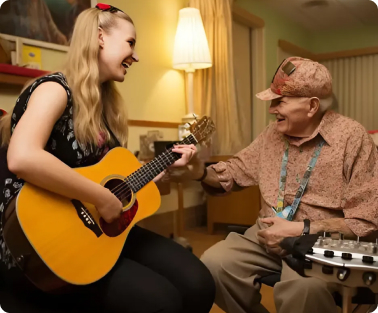Your Hospice Team
At Unified Care Hospice, we strongly believe the patient and family are an integral member of our team. Our staff will support and guide you. The patient and family will be involved in every decision that we make as a team. Our hospice services are built around a family-centered approach to care.












